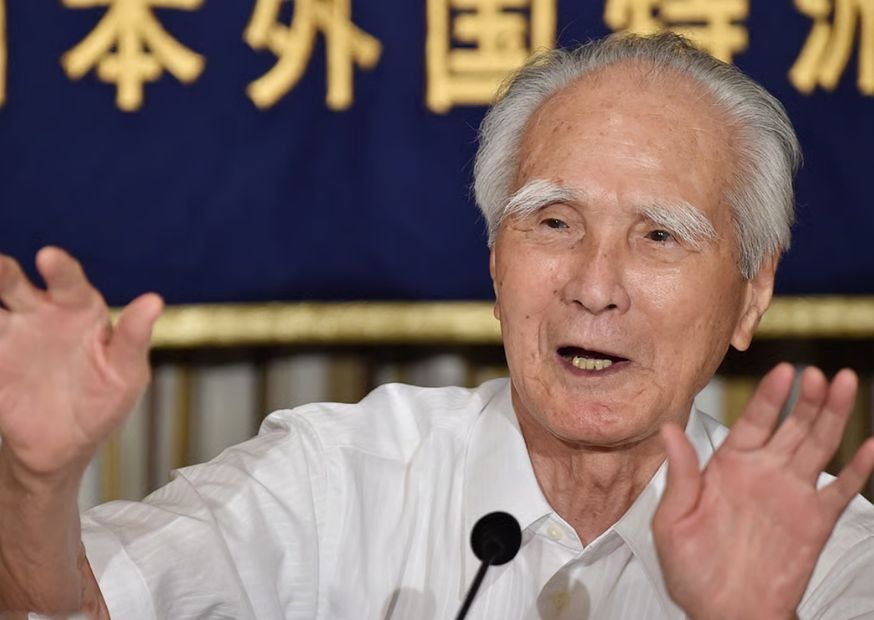TOKYO / JAPAN: Former Japanese Prime Minister Tomiichi Murayama, remembered globally for his historic apology over Japan’s wartime aggression, passed away at the age of 101, leaving behind a political and moral legacy that reshaped post-war Japan’s conscience.
Murayama, who served as premier from 1994 to 1996, was Japan’s first socialist leader in nearly five decades. His tenure, though brief, was marked by both tragedy and transformation — steering the nation through the devastating 1995 Kobe earthquake, the Tokyo subway sarin gas attack, and, most memorably, his unprecedented act of contrition toward Japan’s Asian neighbors.
On August 15, 1995, marking the 50th anniversary of Japan’s surrender in World War II, Murayama issued what came to be known as the Murayama Statement, expressing “deep remorse” and offering a “heartfelt apology” for Japan’s wartime actions. The address became a diplomatic cornerstone, upheld by successive governments as a moral commitment to peace and accountability.
Born in Ōita Prefecture, Murayama spent his final years in quiet retirement but remained a vocal critic of revisionist efforts to soften Japan’s wartime record. His legacy, however, transcends political lines — remembered as the statesman who dared to confront history with humility and courage.
As Japan reflects on its modern identity, Murayama’s death marks not just the end of an era, but the passing of a leader who redefined the nation’s moral compass.
This story has been reported by PakTribune. All rights reserved.



